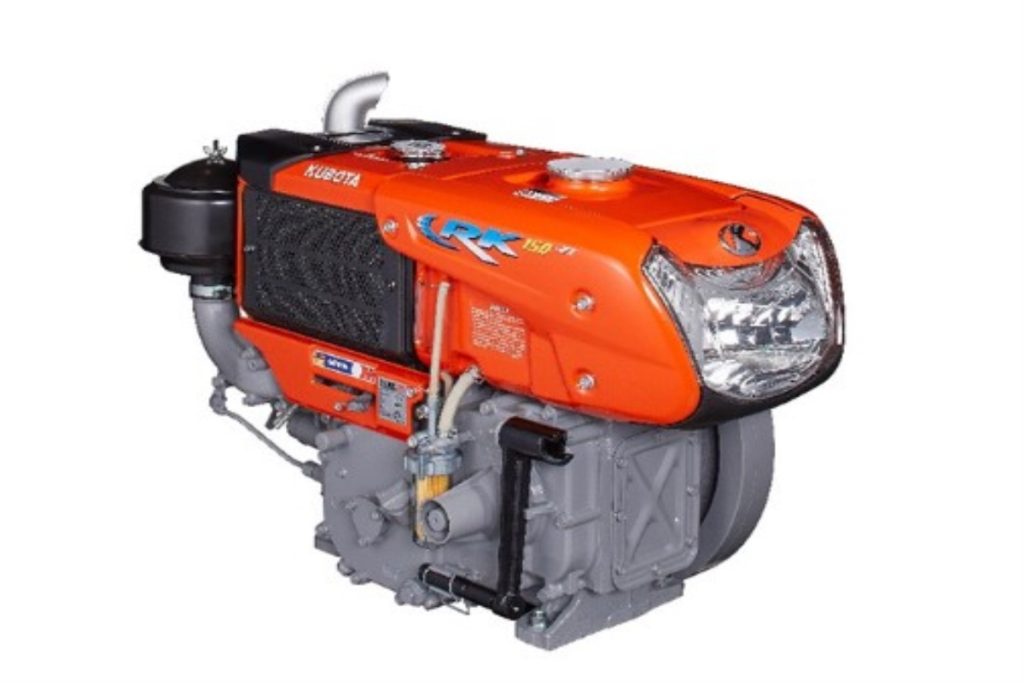1 cylinder diesel engine has been popular for decades, and with good reason. These powerful and efficient engines are used in various applications, from cars and trucks to boats and trains. This blog post will explore how diesel engines work and why they’re so popular. We’ll look at diesel engines’ advantages, reliability, fuel efficiency, and potential drawbacks. Whether you’re a mechanic, a car enthusiast, or simply curious about how these engines function, this post is sure to have something of interest.
What is a diesel engine?
A diesel engine is an internal combustion engine that burns fuel using compression ignition. It differs from a gasoline engine because it doesn’t use a spark plug to ignite the fuel but relies on compressed air inside the cylinder. Diesel engines are frequently employed in heavy machinery and commercial vehicles like trucks and buses because they are more powerful and efficient than their gasoline counterparts. Due to their higher fuel efficiency and low emissions, they are also becoming more and more popular for passenger automobiles. Unlike gasoline engines, diesel engines are more dependable and require less maintenance.
How does a diesel engine work?
A diesel engine is an internal combustion engine that uses heat and compression to ignite fuel rather than spark plugs. Diesel engines are characterized by their high efficiency, durability, and low cost.
When the driver pushes down the accelerator, fuel is injected into the cylinders. This fuel is then compressed at high temperatures. The heat and pressure created by the compression causes the fuel to combust and expand rapidly, driving the piston downward. This force is transmitted through a crankshaft, turning the vehicle’s wheels.
The diesel engine is more efficient than a gasoline engine because it produces more power per unit of fuel. This is because it burns its fuel at much higher temperatures and pressures than a gasoline engine. Additionally, diesel engines can run on a variety of fuels including biodiesel, making them even more efficient.
Diesel engines also have fewer moving parts than gasoline engines, meaning they are less likely to break down or require maintenance. This makes them particularly popular for vehicles used in harsh climates or rugged terrain. Additionally, they are capable of generating a great deal of torque at low rpm, meaning they can accelerate quickly.
What are the benefits of a diesel engine?
Diesel engines are known for their impressive power and durability. They are usually more fuel-efficient than gasoline engines and produce less carbon dioxide emissions, making them better for the environment. Diesel engines also have a longer lifespan than gasoline engines, as they tend to be better built and require less maintenance. They are also more reliable, with fewer breakdowns and more consistent performance. Finally, diesel engines offer greater torque at low RPMs, which is important in applications where heavy loads need to be moved quickly.
Conclusion
Diesel engines are incredibly popular because of their efficiency and reliability. They provide a good power output and can be used for a variety of applications, from cars and trucks to boats and generators. While diesel engines require more maintenance than gasoline engines, they offer longer life spans and more efficient performance. With proper care and maintenance, diesel engines can last for many years, providing reliable, cost-effective power. A diesel engine is a great option if you’re looking for a dependable engine that will keep your vehicle or other machine running for years to come.

